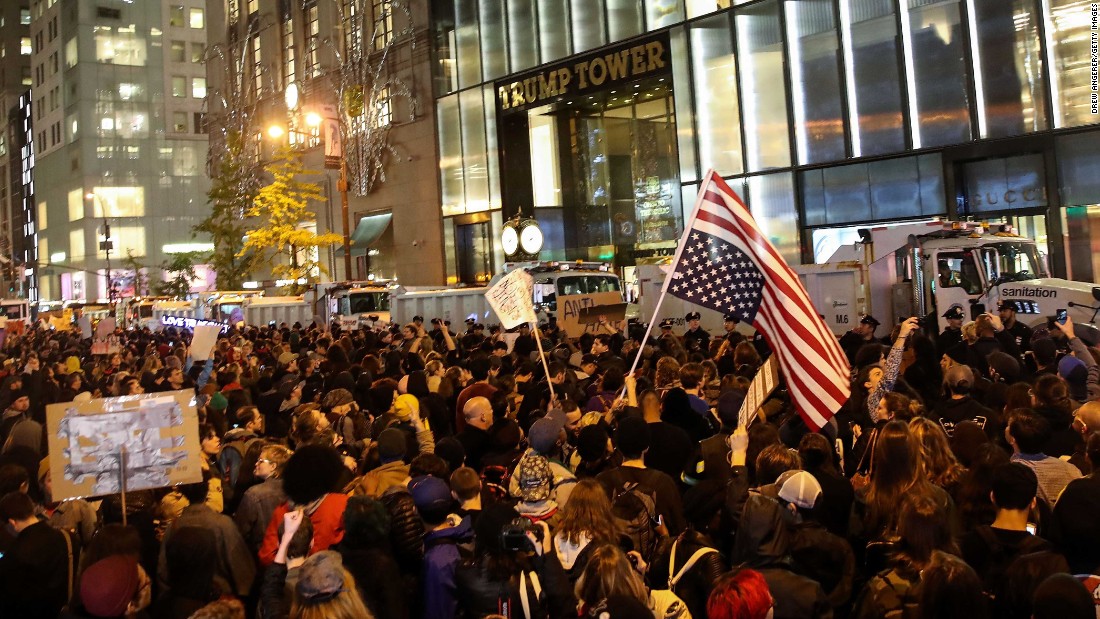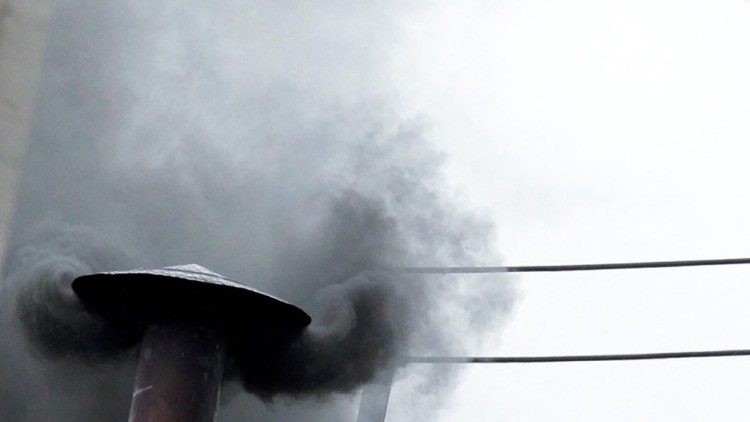Massive U.S. Protests Erupt Nationwide
Nationwide Outcry Over Trump Policies Hits Boiling Point
Massive U.S. Protests Erupt Nationwide. On April 19, 2025, cities across the United States saw waves of protestors rallying against what they called the resurgence of Trump-era authoritarianism. Organized by grassroots movement 50501, thousands took to the streets in Washington D.C., New York City, Chicago, and San Francisco to denounce a set of controversial political and immigration policies recently pushed forward by the administration.
Chants, Signs, and Unified Voices
The demonstrations echoed a powerful message—American citizens are concerned about civil rights, immigration reform, and democratic integrity. Protesters held signs like “Not My America” and “Liberty For All,” making it clear that recent executive decisions have reignited fears surrounding family separation policies.
Global Solidarity Movements
Support wasn’t limited to U.S. soil. Major cities including Toronto, Dublin, and Berlin hosted simultaneous rallies in support of American demonstrators. Digital campaigns under hashtags like #WeResistAgain and #DemocracyMatters2025 trended globally on platforms like X (formerly Twitter) and Instagram.
Why Are Americans Protesting Now?
President Trump’s recent executive orders have triggered alarm bells among immigrant families and civil rights organizations. Policies include tighter visa requirements, deportation raids, and legislation that critics argue restricts freedom of the press and assembly. Human rights organizations such as Amnesty International and The ACLU have called the policies “regressive and harmful to democratic institutions.”
50501: The Movement Behind the Momentum
The protests were spearheaded by 50501, a decentralized civic tech-powered movement aiming to mobilize voters and drive legislative accountability. Their digital campaign has reached over 4 million users through text banking, AI tools, and peer-to-peer organizing. According to their spokesperson, the protests mark the beginning of “sustained civil resistance.”
A Return to 2020s Activism?
Observers compare this wave of protest to the Black Lives Matter and Women’s March movements. However, what differentiates the Trump Protests 2025 is the coordinated use of real-time data, location-based alerts, and decentralized mobilization—signaling a shift in modern activism. TechCrunch has even reported on the use of AI-generated protest messaging shared across TikTok and YouTube.
Violence and Peaceful Resistance
Despite fears of escalation, most protests remained peaceful. However, incidents were reported in Atlanta and Portland, where police used pepper spray to disperse crowds. Legal support groups like the National Lawyers Guild have stepped in to provide legal aid to arrested protesters.
Political Reactions and Media Coverage
The White House dismissed the protests as “unnecessary theatrics.” Meanwhile, Democrats, including Senator Alexandria Ocasio-Cortez and Rep. Ayanna Pressley, released statements supporting the demonstrators and urging Congress to block key elements of the administration’s immigration agenda.
Media outlets like CNN, NBC News, and The Guardian provided real-time coverage, while independent journalists on Substack and Threads offered insider perspectives from protest sites.
Internal Divide in the GOP
Interestingly, not all Republicans backed the administration. Senators Mitt Romney and Lisa Murkowski criticized the protests but acknowledged the public’s right to civil expression. This fracture within the party may signal deeper divides leading up to the 2026 midterm elections.
Social Media: The Protest Frontline
Digital platforms were crucial in mobilization. Livestreams on YouTube, breakdowns on TikTok, and real-time threads on Reddit acted as the frontline of protest documentation. Activist influencers like @JusticeNow and @DemocracyWatch gained hundreds of thousands of followers overnight.
What Comes Next
50501 announced follow-up actions, including voter registration drives, digital town halls, and a scheduled “Democracy Week” in May. Activists are also urging Americans to attend local city council meetings, sign petitions, and challenge misinformation. For continuous coverage, visit the ACLU news center or follow updates from Reuters.



